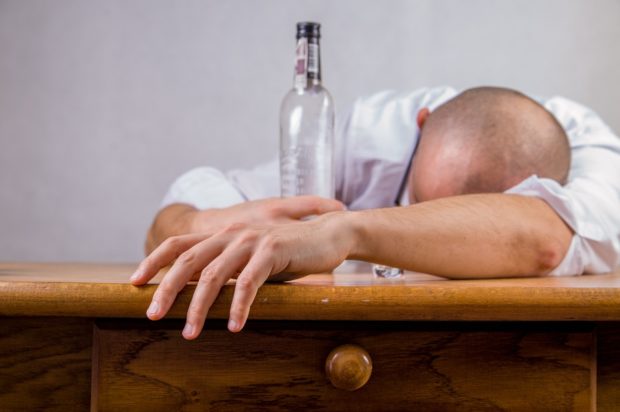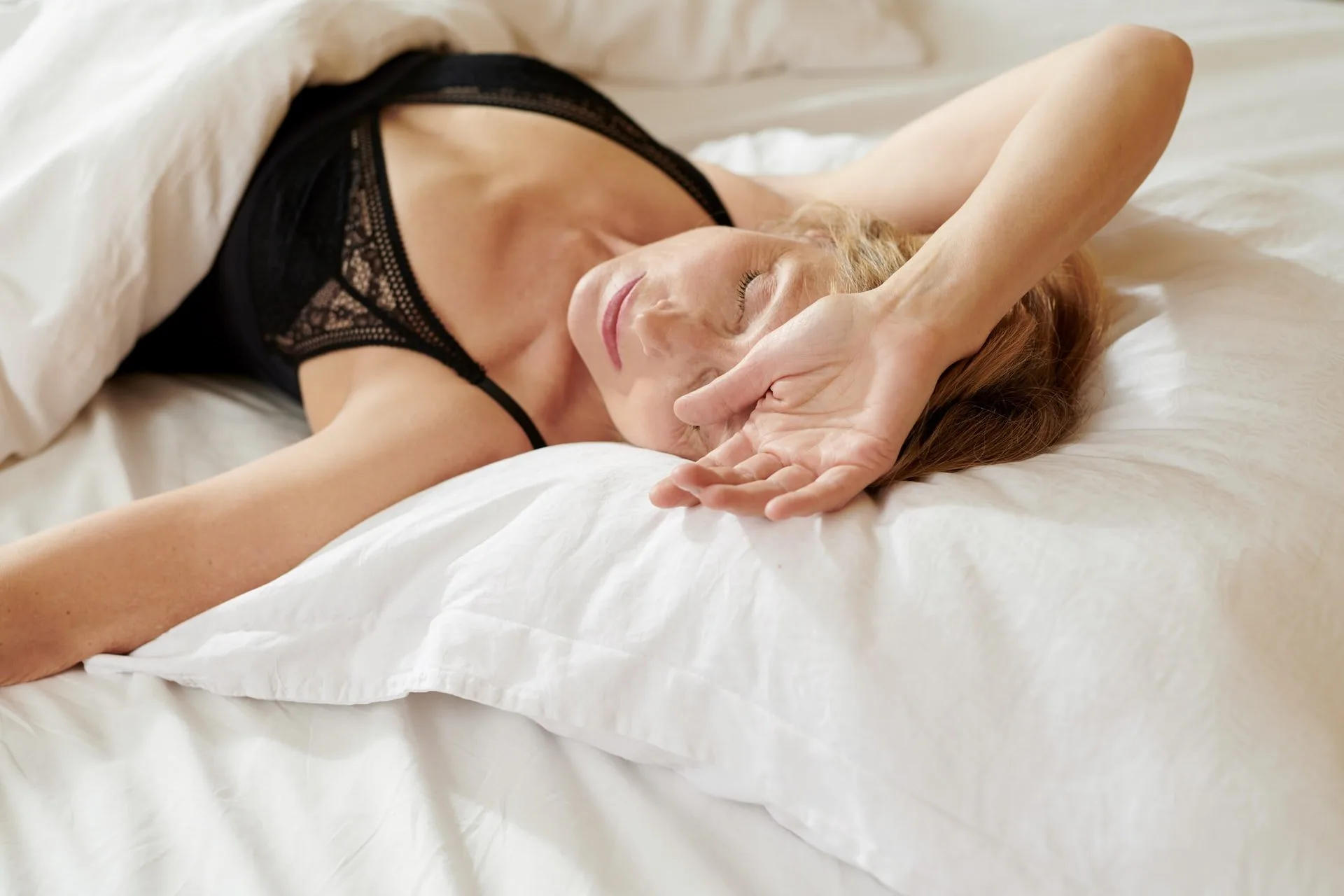Sleep is critical for good health and longevity. Good sleep-time recovery can be achieved by following the guidelines of this latest study.
Eating behavior and diet quality
The association of physiological recovery with nutrition has been studied only scarcely. Published in the Journal of Occupational Medicine and Toxicology, the new study now investigates whether physiological recovery during sleep relates to eating behavior and diet quality.
For every two hours of time spent awake and stressed, it takes one hour of sleep to recover. This means that if you are awake and under stress 16 hours a day, at least 8 hours of sleep are required for the CNS to recover from the overload.
What the research says about sleep-time recovery
The researchers found that a good sleep-time recovery is attainable if you lower your consumption of alcohol. The study was conducted on Finnish adults. It consisted of 252 psychologically distressed adults with overweight, who participated in a lifestyle intervention study in three Finnish cities. Their recovery was measured on the basis of sleep-time heart rate variability recorded on three consecutive nights. Heart rate variability was used to measure both parasympathetic and sympathetic activation of the autonomic nervous system, and their relation, i.e., the balance between stress and recovery.
The parasympathetic nervous system plays a key role in recovery, during which heart rate is decreased, and heart rate variability is high.
The study participants’ eating behavior was measured using four different questionnaires. Their diet quality and alcohol consumption was quantified using two different questionnaires and a 48-hour dietary recall. The aim was to explore the association between physiological recovery, diet quality, alcohol consumption, and different aspects of eating behavior, such as eating according to hunger and satiety cues. The present results are from the data collected at baseline before the lifestyle intervention.
 Better stress balance
Better stress balance
According to the study, higher sleep-time parasympathetic activity, which is indicative of better physiological recovery, is associated with more health-promoting diet quality and lower alcohol consumption. It is also related to eating habits, especially factors affecting our decision to eat.
Those participants with a good stress balance reported better overall diet quality, higher fibre intake, stronger dietary self-control and lower alcohol consumption than those with a poorer stress balance.
In closing
However, the researchers point out that the cross-sectional study design allows for no causality conclusions. In other words, it cannot be concluded from the results if better recovery leads to a healthier diet or if a healthy diet supports better recovery.
Researchers leading the study
Researcher Elina Järvelä-Reijonen, University of Eastern Finland, Institute of Public Health and Clinical Nutrition,
Professor Marjukka Kolehmainen, University of Eastern Finland, Institute of Public Health and Clinical Nutrition,
Research articles:
ärvelä-Reijonen, E., Järvinen, S., Karhunen, L. et al. Sleep-time physiological recovery is associated with eating habits in distressed working-age Finns with overweight: secondary analysis of a randomised controlled trial. J Occup Med Toxicol 16, 23 (2021). https://doi.org/10.1186/



![women [longevity live]](https://longevitylive.com/wp-content/uploads/2020/01/photo-of-women-walking-down-the-street-1116984-100x100.jpg)










